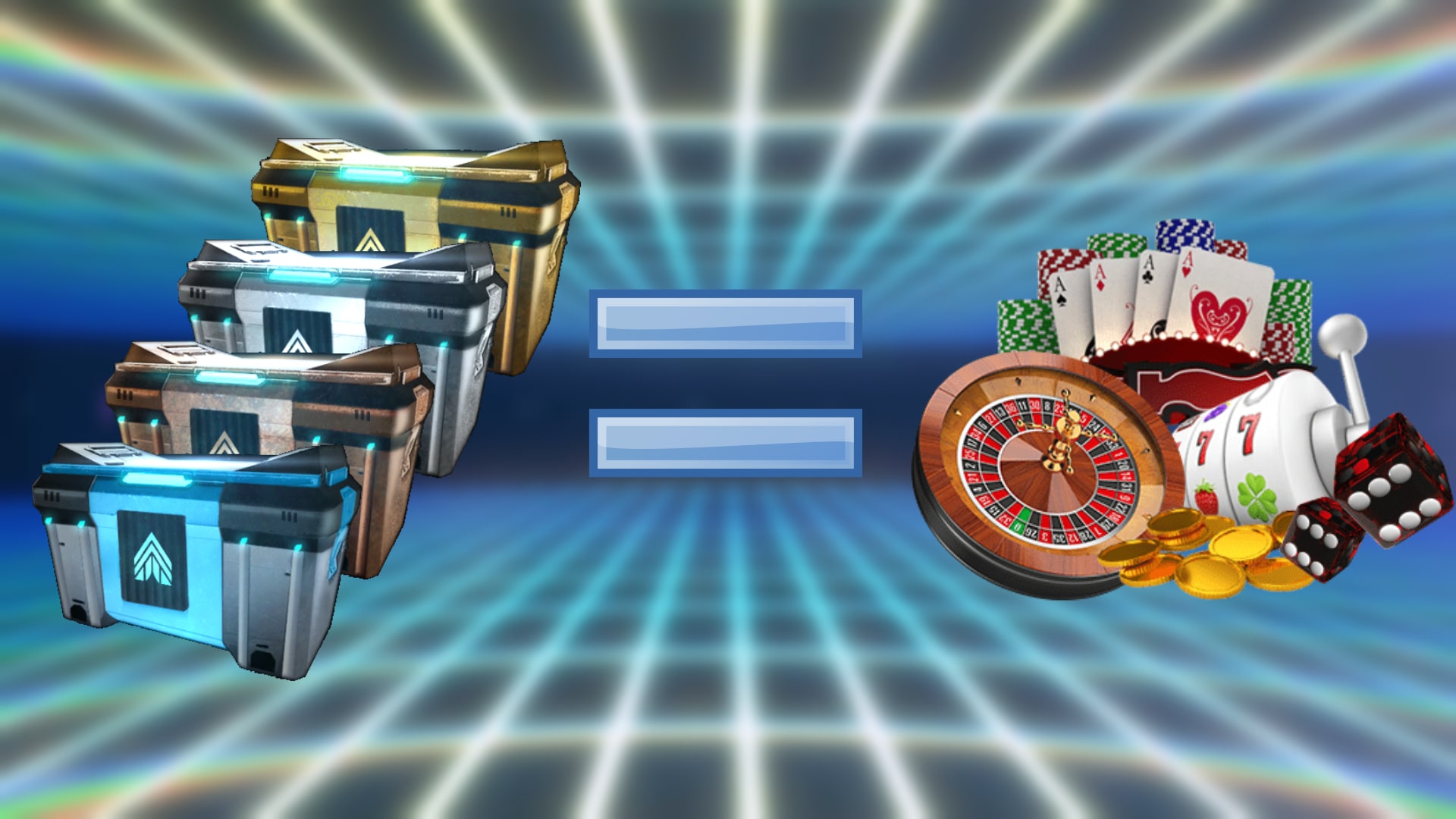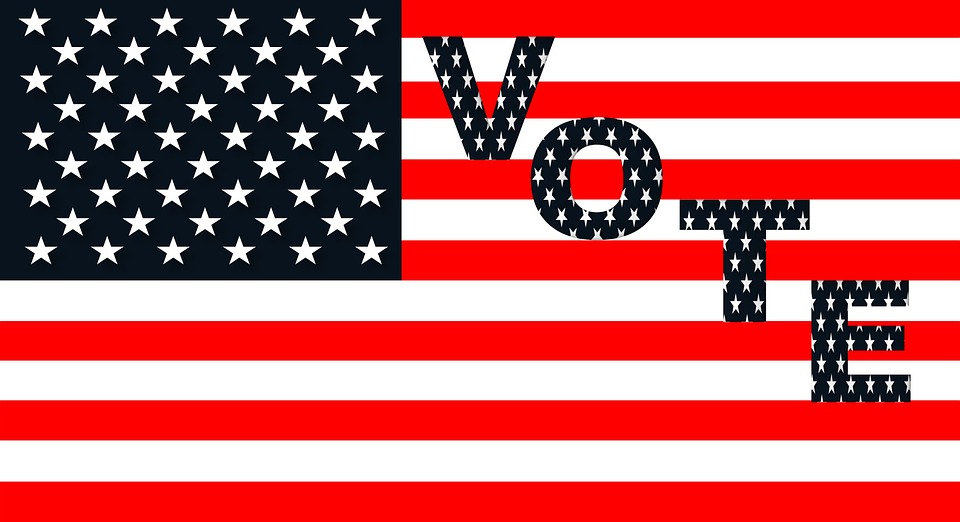 Published: 13.08.2019, 17:51
Published: 13.08.2019, 17:51 2 min read
2 min readWith the debate raging whether loot boxes should be categorized as gambling, it seems video game industry is bowing out of the contest. The legislators in the USA are keen to push video game developers into submission. However, the debate is far from over, but the lawmakers are appearing to be winning in their stance that loot boxes are a gambling tool.
The lawmakers are targeting to win the first part of the battle and hand over the contest button to gambling regulators. After classifying loot boxes as gambling, the regulators will have the authority and easy time in setting more rules to control the industry.
Just recently, the Federal Trade Commission (FTC) of the US made an announcement about bringing changes in the video game sector. The sitting took place in Washington DC. The Entertainment Software Association (ESA) was not left behind in the debate that it declared conducting activities in the best interest of consumers. ESA’s press release further explained that the actions they are taking are due to “increasing concern about in-game spending.”
According to ESA’s release, the Entertainment Software Rating Board (ESRB) has broadened the rating disclosure to incorporate “in-game purchases” labels. The label regulates packaging of video games to give the gamers the option to purchase extra in-game content.
Video Game Companies Reaction
ESA also made it public that several top video game developers have already made an announcement of taking initiatives to enable consumers to make an informed decision regarding the purchases. It’s clear that major video game players in the industry are keen to allow the purchasers to have knowledge about loot boxes they intend to buy.
Nintendo, Microsoft, and Sony Interactive Entertainment are some key players who have made a commitment to introduce paid loot boxes. However, the loot boxes should reveal details regarding relative rarity and chances of landing randomized virtual items.
Since loot boxes grant prizes for purchases, video game operators are inevitably losing the battles. Buying a loot box can make you get either a “skin” or a rare weapon. The purchase guarantees a reward. While Australia and Belgium are the leading nation to categorize loot boxes as gambling, France and the UK have a more positive classification of loot boxes. Will the US continue sitting on the fence on the loot box dilemma?









